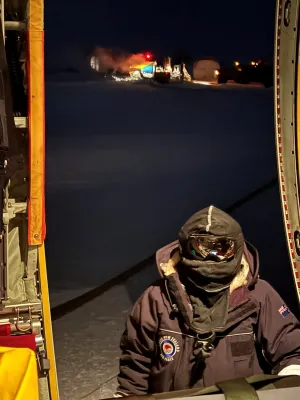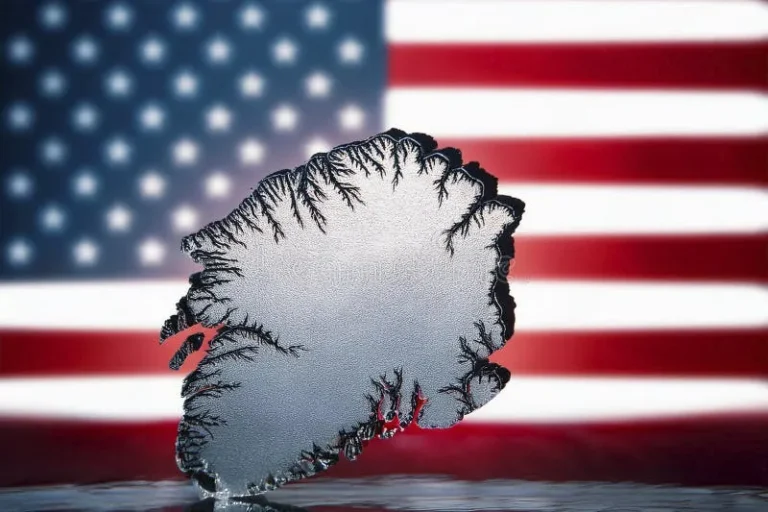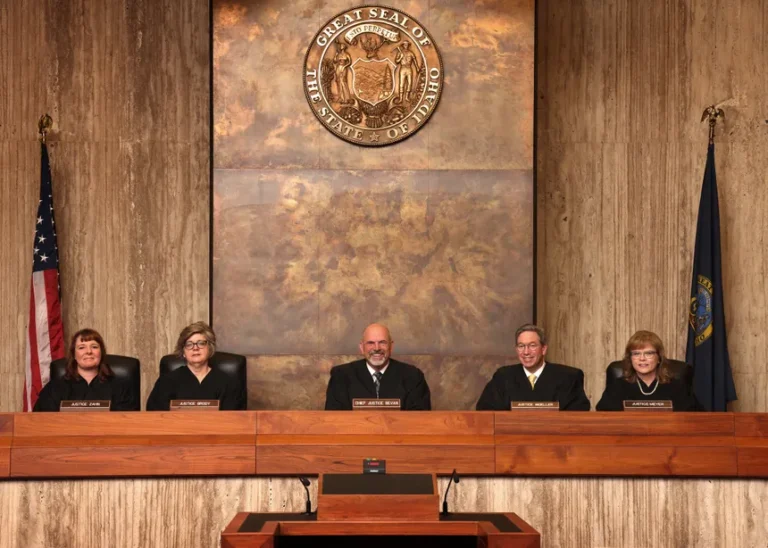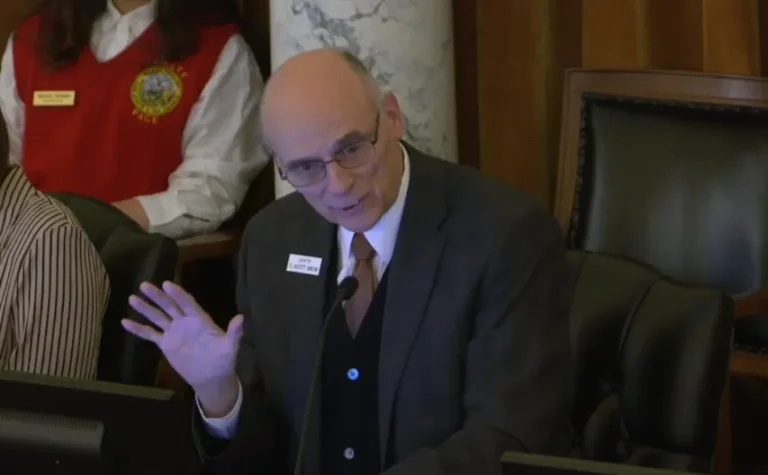
Three U.S. researchers were airlifted from Antarctica in a rare and risky winter mission amid freezing temps and darkness.
CHRISTCHURCH, NEW ZEALAND — August 6, 2025
Three U.S. research staff were successfully evacuated from Antarctica during a dangerous winter operation led by the Royal New Zealand Air Force, authorities confirmed Wednesday.
The emergency flight, carried out at the request of the U.S. National Science Foundation, was launched to transport three individuals from McMurdo Station to New Zealand for urgent medical care. At least one person reportedly required immediate treatment not available on-site.
Despite extreme conditions and the challenges of flying in near-total darkness, the aircraft landed safely in Christchurch on the morning of August 6.
“The patients are now receiving the medical attention they need in Christchurch,” said Air Commodore Andy Scott of the New Zealand Defence Force.
Mid-Winter Evacuation: One of Antarctica’s Riskiest Operations
According to the military team, winter evacuations from Antarctica are rare and dangerous, due to a combination of:
- Sub-zero temperatures: Reaching as low as -24°C (-11°F)
- Unpredictable weather: High winds and whiteout risks
- Lack of emergency landing zones: No diversion options exist once the flight passes a certain latitude south
- Limited visibility: Missions are flown entirely in darkness
To manage these challenges, the crew used night vision goggles to guide the aircraft, and members of the U.S. Antarctic Program Winter Team manually prepared a makeshift runway.
Details of the Mission
- Departure: August 5 from McMurdo Station
- Arrival: August 6 in Christchurch, NZ
- Duration: Nearly 20 hours including refueling
- Refueling process: “Hot refueling” on the ice — engines running while refueling to prevent freezing
A military doctor and medical team were onboard throughout the flight to monitor the patients.
Officials have not disclosed the medical conditions or identities of the individuals evacuated.
Background
McMurdo Station, the largest U.S. base in Antarctica, operates year-round despite the severe climate. Evacuations during the austral winter are exceptionally rare and usually only occur in life-threatening situations.
This successful mission underscores the international coordination between the United States and New Zealand in supporting Antarctic research and emergency response.






